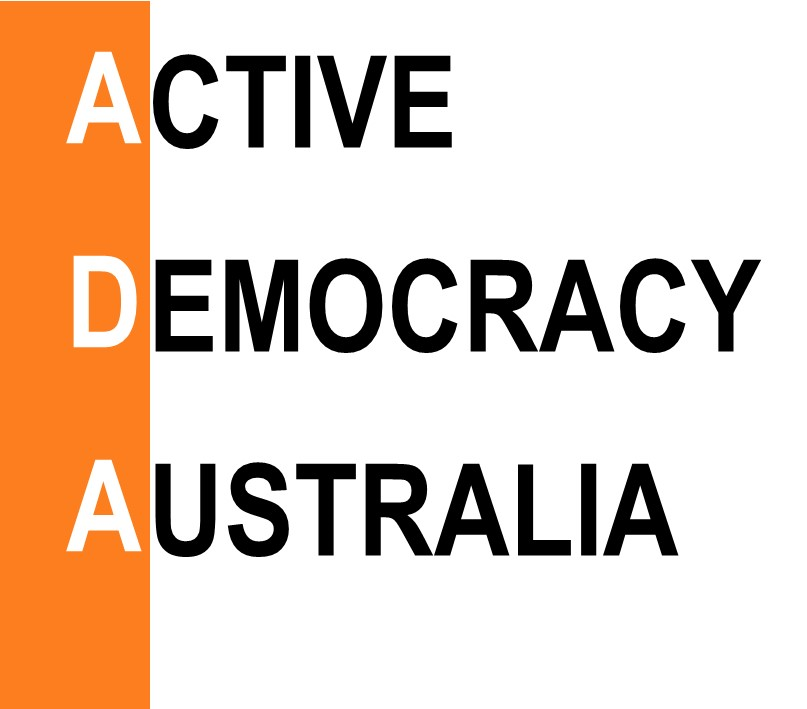Seeking out the best possible candidates
Most voters know very little about the candidates standing for election in their electorates. People mainly vote for the party to which the candidate belongs, with only 8% naming their local MP as the most influential factor determining their vote, according to a recent poll. But it’s important to get the right person to represent you. A parliamentary party is made up of individuals who get elected as its MPs, and so the capacity and values of that party will, to a large extent, reflect the capacity and values of those individuals. It is from this pool of people that ministers, shadow ministers and parliamentary leaders are selected, and it is these people who create and vote on legislation.
How candidates are selected now
In the major parties preselection is very much in the hands of party factions, such that factional deals and trade-offs may play a bigger part in determining who is preselected than the qualities of the candidates themselves. It also means that political insiders and people from occupations with close links to politics are greatly overrepresented among preselected candidates.
For example, a recent survey revealed that political consultants and lobbyists are less than 0.1% of the workforce, but they make up 11.9% of MPs. So they are 119 times more likely than the average member of the workforce to become an MP. The figures are similar for party or union administrators. Public service or policy managers are 31 times more likely, lawyers 15 times and journalists or broadcasters 7 times. At the other end of the scale no MPs had previously been nurses at the time of the survey, despite the profession constituting 2.1% of the workforce, while teachers where 9 times less likely than the average workforce member to get into parliament, and tradespeople where 33 times less likely.
Why it matters how MPs are selected
This overrepresentation of some occupations and underrepresentation of others matters. A nurse, a transport planner, a psychologist, an environmental scientist, a café proprietor and an electrician will all have had very different experiences. They will be aware of different issues and needs in their own occupations and home lives, and they’ll have their own perspectives and bodies of knowledge. Parties and parliaments need access to this breadth of knowledge and experience.
It’s a similar situation when it comes to the gender, ethnicity, age, location and other characteristics of our MPs. Historically, women have been seriously underrepresented in Parliament and, although this is improving, there is still quite a way to go. In the Federal Parliament following the 2022 election, 38% of Lower House MPs are women, while 57% of Senators are. In the Lower House 45% of Labor MPs are women, but only 21% of Liberal MPs are. Recent controversies about how women are treated in Federal Parliament show that when women are underrepresented, especially in senior positions, there is likely to be more discrimination, harassment and even violence against women, and fewer avenues of redress. And this is before you even consider the particular perspectives and skills that women bring to their political roles as representatives, legislators and ministers. With regard to ethnicity, a 2016 survey revealed that, while 23% of Australians come from non-English speaking backgrounds, only 6% of lower house MPs and 14% of Senators have this heritage.
But we don’t just want our MPs to ‘look like’ the broader community. We also want at least some MPs who have distinguished themselves in particular fields, or are recognised community leaders. Current preselection processes too rarely bring such people to the fore.
What can be done to improve this situation
Groups can do a number of things to improve this state of affairs:
- You can create a ‘job description’ for your MP, setting out the skills and qualities you want in this person, and the things that you want them to do on behalf of voters.
- In candidate descriptions you distribute to voters, you can include information that will help voters to assess their suitability.
- You can arrange candidate information nights, where candidates can address, and be questioned about, their suitability to be the MP and their stance on critical policy issues for voters.
- You can campaign for voter input into party preselections of candidates.
- You can encourage people of calibre and commitment to stand, either for party preselection, or for election as an independent.
- Your group can endorse and campaign for an independent candidate.
Connect
